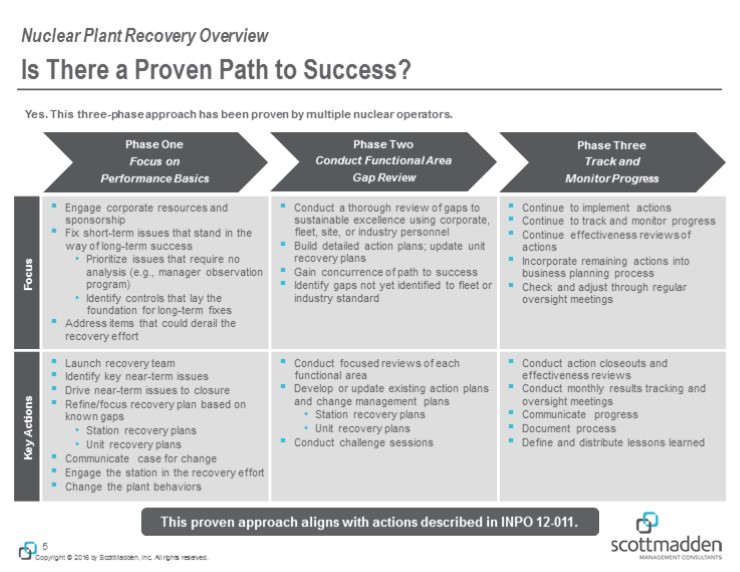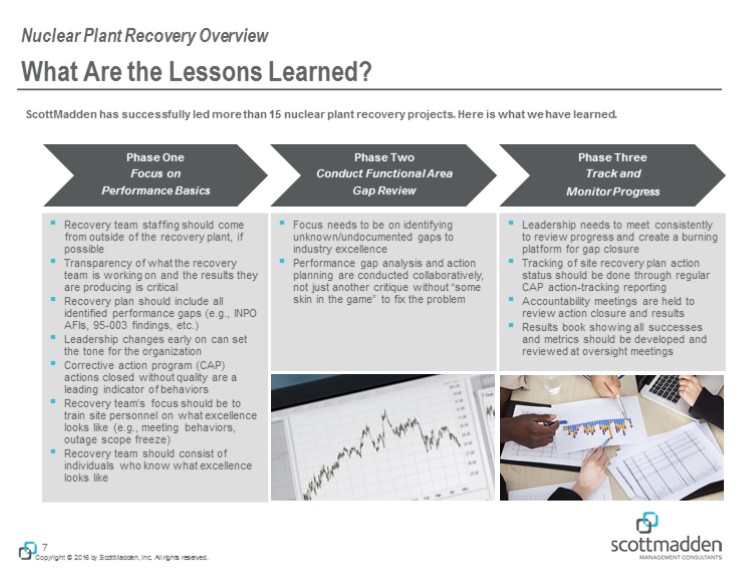Charting a Course to Success: A Comprehensive Guide
Related Articles: Charting a Course to Success: A Comprehensive Guide
Introduction
With great pleasure, we will explore the intriguing topic related to Charting a Course to Success: A Comprehensive Guide. Let’s weave interesting information and offer fresh perspectives to the readers.
Table of Content
Charting a Course to Success: A Comprehensive Guide

The pursuit of success is a universal human endeavor. Whether in personal, professional, or academic spheres, individuals strive to achieve their goals and aspirations. While the definition of success may vary from person to person, the underlying principles of achieving it remain remarkably consistent. This article aims to illuminate these principles, providing a comprehensive roadmap for navigating the path towards a fulfilling and prosperous life.
Understanding the Foundation: Defining Success
Before embarking on any journey, it is crucial to understand the destination. Success, therefore, requires a clear definition. Is it financial abundance, recognition, personal fulfillment, or a combination of these factors? This self-reflection forms the bedrock upon which the entire roadmap rests. It helps establish the parameters for progress, ensuring that efforts are aligned with personal values and aspirations.
The Pillars of Success: Key Elements for a Solid Foundation
The road to success is not a solitary path, but rather a complex tapestry woven with multiple threads. These threads, often referred to as pillars, represent fundamental elements that contribute to achieving desired outcomes.
- Goal Setting: A well-defined goal serves as a compass, guiding actions and providing a clear target to strive for. Specific, measurable, achievable, relevant, and time-bound (SMART) goals provide structure and direction.
- Action Planning: A roadmap without a detailed plan is akin to a ship without a rudder. Action planning involves breaking down large goals into smaller, manageable steps, each with a clear timeline and resources allocated.
- Persistence and Resilience: The path to success is rarely smooth. Obstacles, setbacks, and failures are inevitable. Perseverance and the ability to learn from mistakes are essential for maintaining momentum and overcoming adversity.
- Continuous Learning and Growth: The world is constantly evolving, and so must individuals seeking success. Embracing a growth mindset, actively seeking new knowledge and skills, and adapting to changing circumstances are vital for staying ahead.
- Self-Discipline and Time Management: Success demands focus and prioritization. Effective time management skills allow for efficient allocation of resources, enabling individuals to make progress towards their goals.
- Networking and Collaboration: Building strong connections with others can open doors to opportunities, mentorship, and support systems. Networking fosters collaboration, leading to the exchange of ideas and the creation of synergistic partnerships.
- Emotional Intelligence: Understanding and managing one’s own emotions, as well as those of others, is crucial for building positive relationships, navigating challenging situations, and maintaining a healthy mindset.
- Health and Wellbeing: Physical and mental health are integral to sustained success. Prioritizing self-care, engaging in regular exercise, and maintaining a balanced lifestyle are essential for optimal performance.
Navigating the Journey: Practical Strategies for Progress
While the pillars provide a foundational understanding, practical strategies are required to navigate the journey effectively.
- Prioritize and Focus: With limited time and resources, it is essential to prioritize tasks and focus on activities that contribute most to achieving goals.
- Break Down Large Goals: Overwhelming goals can be daunting. Breaking them down into smaller, more manageable steps can make them seem less intimidating and foster a sense of accomplishment with each step completed.
- Embrace Failure as a Learning Opportunity: Failure is not the end, but rather a stepping stone. Analyze setbacks, identify areas for improvement, and use the lessons learned to refine strategies and move forward.
- Seek Mentorship and Guidance: Experienced individuals can provide valuable insights, guidance, and support. Seek out mentors who have achieved success in areas of interest.
- Stay Informed and Adaptable: The world is constantly evolving, and staying abreast of current trends, technologies, and industry developments is essential for maintaining relevance and competitiveness.
- Celebrate Milestones: Recognizing and celebrating achievements, both large and small, fosters motivation and reinforces the journey towards success.
Addressing Common Questions: FAQs on the Road to Success
Q: What if I don’t have a clear definition of success?
A: Start by exploring your values, passions, and aspirations. What brings you joy? What do you want to achieve in life? Reflecting on these questions can help you define a personal vision of success.
Q: How do I overcome fear of failure?
A: Acknowledge that failure is a part of the process. Embrace it as an opportunity for learning and growth. Focus on the lessons learned and use them to refine your approach.
Q: What if I lack motivation or discipline?
A: Start with small, achievable goals. Break down large tasks into smaller, more manageable steps. Reward yourself for progress and celebrate milestones. Surround yourself with supportive individuals who can provide encouragement and accountability.
Q: How do I find a mentor?
A: Attend industry events, join professional organizations, and network with individuals who have achieved success in your field. Reach out to individuals you admire and express your interest in learning from them.
Q: How can I balance work, life, and personal goals?
A: Effective time management and prioritization are key. Set realistic goals and deadlines. Delegate tasks when possible. Schedule time for self-care and activities that bring you joy.
Tips for Navigating the Road to Success
- Embrace a Growth Mindset: Believe in your ability to learn and grow. Seek out challenges and view setbacks as opportunities for improvement.
- Develop Strong Communication Skills: Effective communication is essential for building relationships, collaborating with others, and conveying your ideas clearly.
- Cultivate Emotional Intelligence: Understand and manage your own emotions, as well as those of others. This will enhance your ability to navigate challenging situations and build strong relationships.
- Practice Self-Care: Prioritize physical and mental health. Engage in regular exercise, eat a healthy diet, and get enough sleep.
Conclusion: Embracing the Journey
The road to success is not a destination, but rather a continuous journey of growth, learning, and adaptation. By embracing the principles outlined in this roadmap, individuals can chart a course towards a fulfilling and prosperous life. It is a journey that requires dedication, resilience, and a willingness to learn and evolve. The rewards, however, are immeasurable, leading to a life filled with purpose, fulfillment, and a sense of accomplishment.








Closure
Thus, we hope this article has provided valuable insights into Charting a Course to Success: A Comprehensive Guide. We hope you find this article informative and beneficial. See you in our next article!